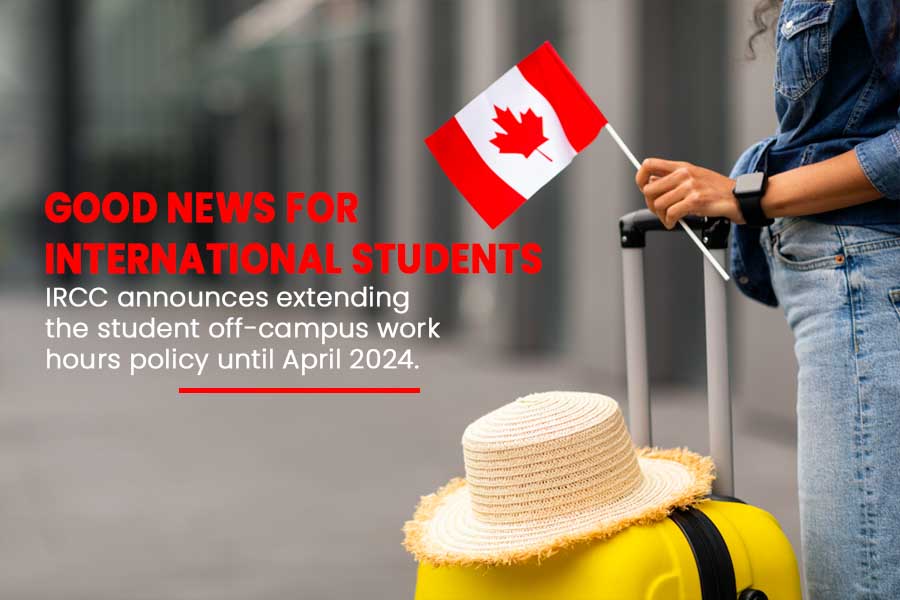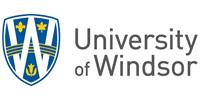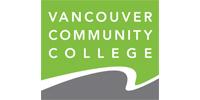Canada’s Immigration, Refugees, and Citizenship Department (IRCC) recently unveiled an extension to a policy benefiting specific international students for Study Abroad in Canada.
This initiative allows them to exceed the 20-hour weekly limit for off-campus work during academic breaks. Responding to Canada’s increasing labor scarcities, the immigration department introduced a short-term measure in 2022.
This policy grants eligible international students the opportunity for full-time employment (up to 40 hours per week) off-campus.
Originally slated to conclude on December 31, having commenced on November 15, 2022, this temporary policy faced expiration. However, a recent announcement has prolonged this beneficial measure until April 30, 2024, offering extended support to qualifying international students.
Before the implementation of this updated policy in late 2022, the IRCC’s regulations restricted international students to a maximum of 20 hours per week for off-campus work during the academic year.
However, during designated academic breaks such as reading week or the winter break, these students could engage in full-time employment under the existing IRCC policy.
You can also read: Work Opportunities for International Graduates in Canada: Post-Graduation Work Permits and Beyond
The recent announcement clarified, “International students already present in Canada and those who have submitted a study permit application on or before December 7, 2023, will now have the opportunity to work off campus for more than 20 hours per week until that specified time.”
Further details regarding the eligibility criteria for international students under this policy will be detailed below.
How does it benefit International Students?
While the IRCC’s choice didn’t make the policy a permanent fixture, it remains a significant aid for numerous international students throughout Canada.
This adjustment carries weight as it alleviates financial concerns for international students. The ability to engage in full-time work provides students with additional financial stability, alleviating the burden and worries about financial constraints.
What is the eligibility for the IRCC Work Policy?
Only a select group of international students qualify for exceeding the standard off-campus work limit. To work beyond 20 hours per week, an international student must meet these criteria:
- Attend in-person classes at their Canadian post-secondary institution, not remotely from overseas.*
- Possess off-campus work authorization specified on their study permit.
*Students who applied for a study permit by October 7 of the previous year – the date when IRCC first introduced this temporary policy in 2022 – are also eligible to benefit from the removal of restrictions on off-campus work hours.
Any additional measures that IRCC is planning to have on this?
In the recent announcement, IRCC has highlighted ongoing considerations for the future of this policy. While no concrete steps have been taken, the significant announcement did hint at IRCC’s potential plans to “increase off-campus work hours for international students to 30 hours per week during class sessions.”
If realized, this proposal would mark a departure from the typical constraints on off-campus employment for international students. Presently, foreign students studying in Canada are constrained to 20 hours of off-campus work weekly while attending classes.
Final Thoughts:
The recent extensions and potential future changes to off-campus work policies for international students in Canada, as announced by IRCC, signify a significant shift in supporting these individuals.
These adjustments aim to alleviate financial burdens and offer greater flexibility, reflecting a commitment to adapt immigration policies in response to evolving needs. As IRCC explores further enhancements, these initiatives stand as promising steps toward fostering a more inclusive and supportive environment for international students pursuing their education in Canada.























































































